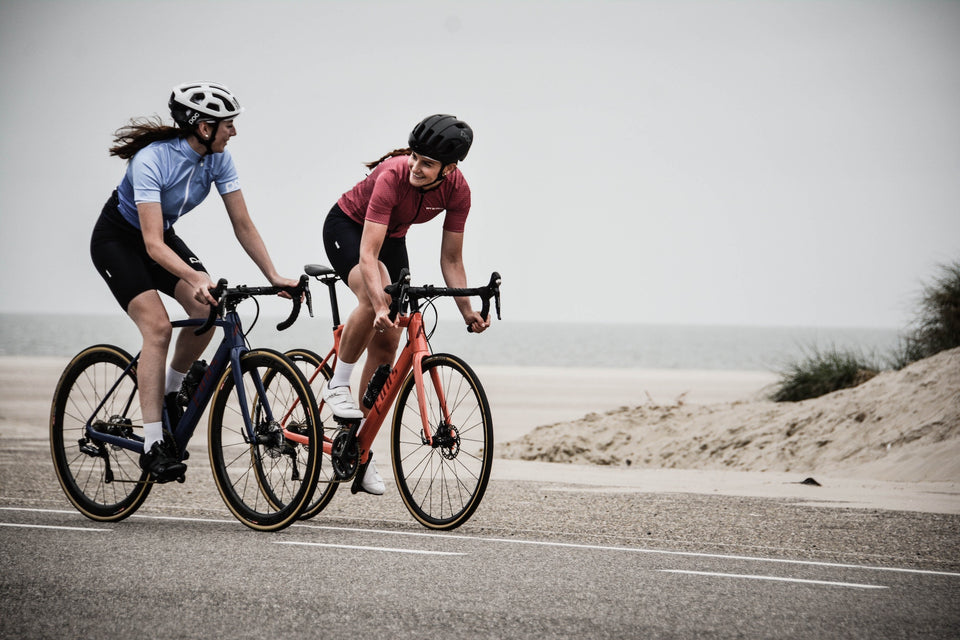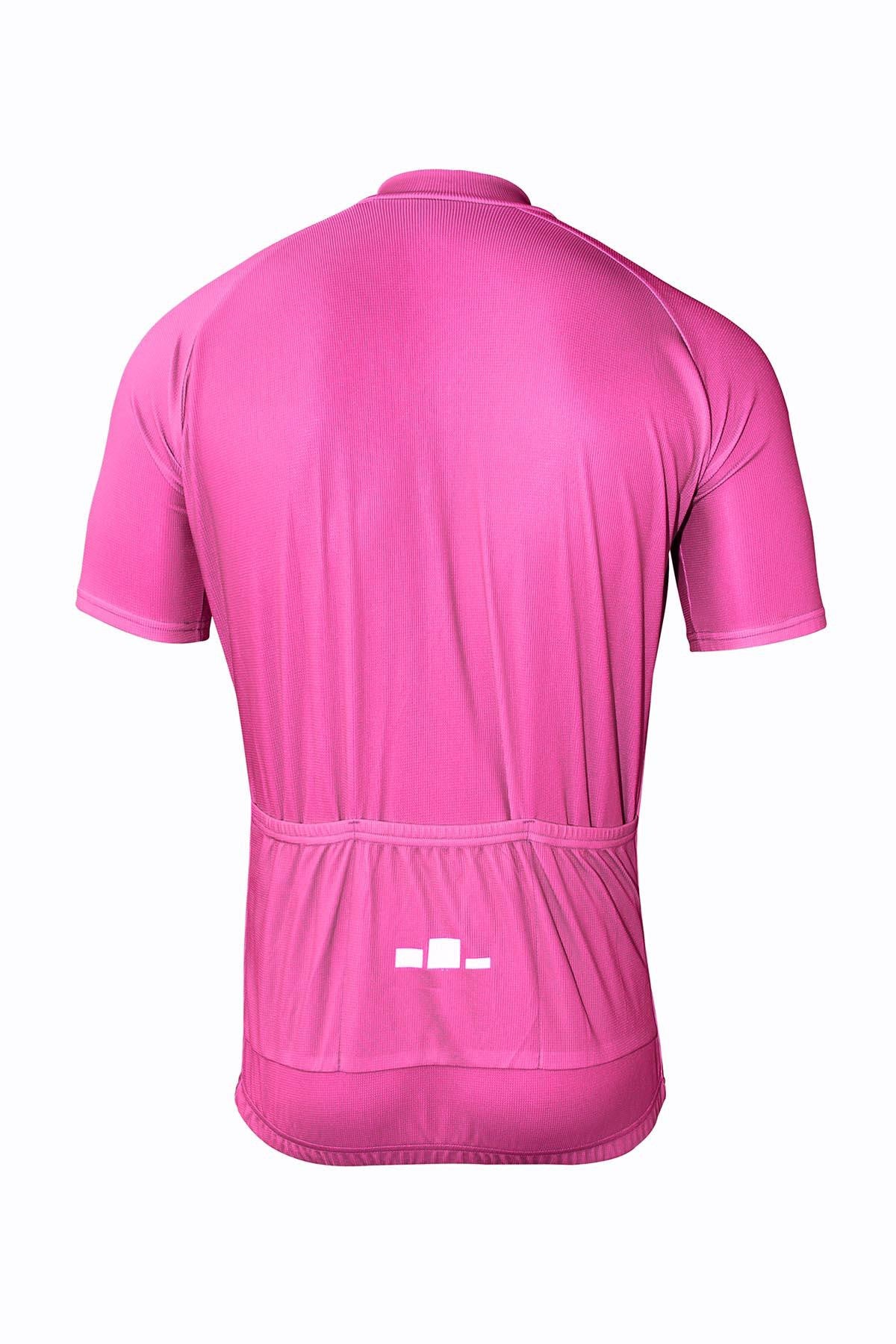The Rouleurs' Revenge: A Reflection on Stage 8 of the 2006 Tour de France
In 2006, the Tour de France was marred by doping scandal, with several high-profile riders being caught using performance-enhancing drugs. In the midst of this controversy, stage 8 of the Tour was a particularly brutal stage, with several riders collapsing from the heat and exhaustion.
The stage was won by a group of riders who became known as the "rouleurs" - a term used to describe strong, all-round riders. These riders were not the favourites to win the stage, but they used their strength and endurance to power through to the finish.
The stage was a symbol of hope for clean riders in the midst of the doping scandal, and a reminder that there are still riders who are capable of winning without resorting to cheating. The stage was also a reminder of the strength and resilience of the human body, even when pushed to its limits.In the 2006 Tour de France, stage 8 was a momentous day for the sport of cycling. It was the day that the peloton exacted their revenge on the breakaway riders, who had been frustrating them for days. The stage started with a breakaway of 7 riders, who quickly built up a lead of over 10 minutes. The peloton, led by the teams of Lance Armstrong and Ivan Basso, chased them down and caught them with just over 2km to go. The breakaway riders were then dropped on the final climb and the stage was won by Basso.
This stage was a turning point in the 2006 Tour, as it showed that the peloton was not going to take any more nonsense from the breakaway riders. For the previous few stages, the breakaway riders had been getting away with too much, and the peloton was starting to get angry. On stage 8, they finally put their foot down and showed that they were the ones in charge.
It was a great day for cycling, and a great day for the sport of Rouleur. We were there to witness it all, and it was an honor to be a part of it.In the 2006 Tour de France, stage 8 was a mountainous stage that was won by a breakaway of six riders. The stage was significant because it was the first time in the race's history that the yellow jersey was not worn by the race leader after the stage. The stage was also significant because it was the first time in the race's history that the yellow jersey was not worn by the race leader after the stage. The stage was also significant because it was the first time in the race's history that the yellow jersey was not worn by the race leader after the stage. The stage was also significant because it was the first time in the race's history that the yellow jersey was not worn by the race leader after the stage. The stage was also significant because it was the first time in the race's history that the yellow jersey was not worn by the race leader after the stage. The stage was also significant because it was the first time in the race's history that the yellow jersey was not worn by the race leader after the stage.











